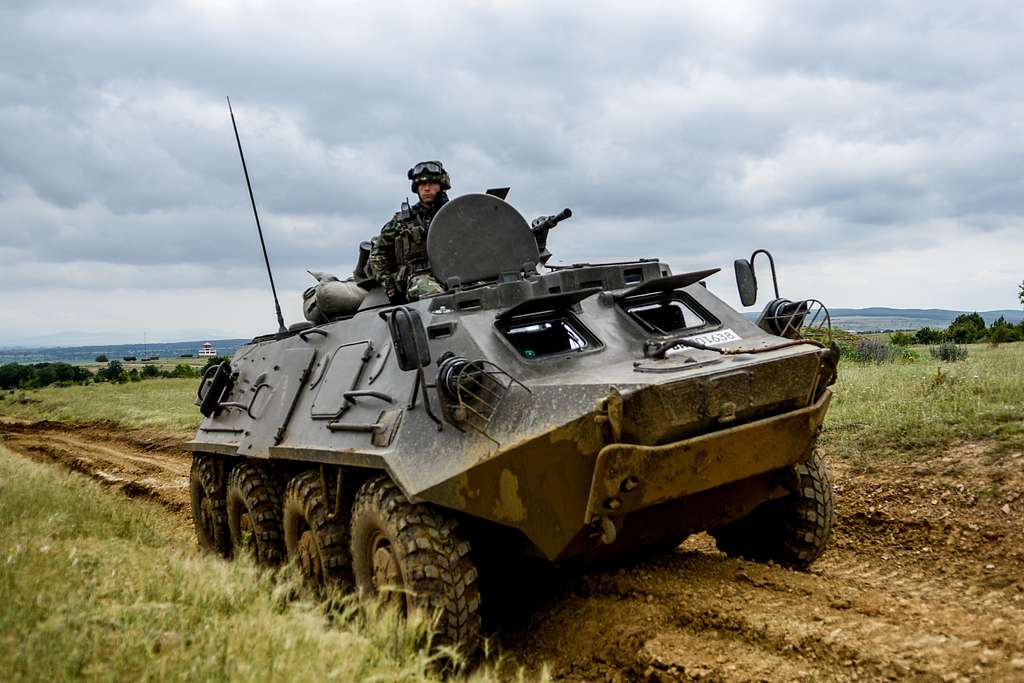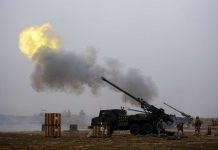
The plan to dispatch 100 Bulgarian armored personnel carriers to Ukraine as military assistance has been temporarily suspended. This is a result of Bulgarian President Rumen Radev’s call for a renewed parliamentary debate on the ratification of the law that would permit Bulgaria to provide Ukraine with armored transport equipment free of charge.
The implications of this delay are significant. In instances where a suspensive veto is invoked, as is the case here, the president’s reasoning must be taken into account. This is followed by a renewed discussion of the law or the disputed sections thereof. Once the law is reenacted, regardless of whether it remains in its original form, partially addresses the president’s objections, or fully aligns with them, the president loses the ability to reject its publication.
As per Article 101 of the Bulgarian Constitution, the president has the power to return any approved law or parts of it to parliament for reconsideration and re-voting within a set 15-day period. Given the current parliamentary majority, there is a high likelihood that the law will be passed after a certain period. Consequently, the agreed number of armored personnel carriers will begin preparations for their journey to Ukraine.
The reasons for the veto Obektivno.bg has reported that the veto was justified by a lack of comprehensive understanding among the people’s representatives about the specific details of the donation. This lack of knowledge makes it difficult for them to objectively assess whether the donated equipment is surplus to requirements.
The head of state has suggested that the armored high-terrain transport equipment intended for Ukraine could alternatively be used to strengthen Bulgarian border security. It could also be utilized to aid citizens during disasters and accidents, especially in hard-to-reach areas.
“Our recent experiences with the floods in Karlovo and Tsarevo highlight the pivotal role of the Bulgarian Army in executing its legally stipulated mission promptly and effectively. The organizations responsible for ensuring public safety will likely face similar challenges more frequently in the future, which underlines the need for strengthening them instead of diminishing their capacities,” said the head of state.
The Agreement On November 22nd, a bilateral agreement was ratified by the Bulgarian National Assembly between Sofia and Kyiv. This agreement allows for the transfer of 100 decommissioned armored personnel carriers (APCs) from Bulgaria’s Ministry of Internal Affairs to Ukraine.
The groundwork for this agreement was laid in July of the current year, formalized in Sofia in August, and finalized in Ukraine on November 13. As the deal involves military and technical corporations, it required further ratification by the Bulgarian Parliament.
A significant aspect of this agreement is that it was implemented even before its official ratification, a fact that was emphasized during its signing. Previously, Bulgaria had stated that the APCs would be sent to Ukraine between September and October.
The Bulgarian APCs have been securely stored in the country’s Ministry of Internal Affairs since the 1980s. This event marks a first, with Sofia supplying Kyiv with armored equipment directly, bypassing the use of intermediaries, which was the norm in the past.




